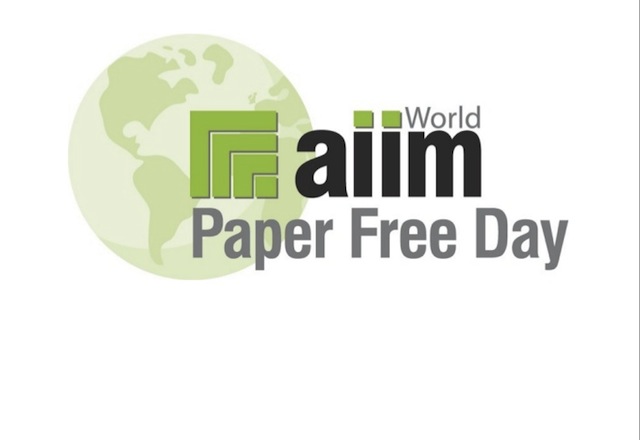We have triumphantly entered the era of the Big Data. There is no turning back now; the world has already been 'datafied'. There might have been setbacks, but the process that has already started cannot be stopped. Just like everything else that radically transforms, what existed before the collection of huge data sets that we named big data came to be the most elaborate way of managing information.
Information came to be a key term in terms of explaining the world and how it functions today. Everything seems to go around it; information and the way we manage it is an essential matter of governance. Governments, businesses and institutions need to handle data carefully in order to guarantee their own well-being. As is happens often, it seems that public institutions are lagging behind, compared to private firms and companies that have embraced our new 'datafied world' with more nerve and eagerness.
Governments too are slow to react in many cases, such as in several lagging-behind member states of the European Union. In these situations, the bureaucratic system is usually slow to respond by default. This is why the recent effort by the U.S. government concerning the managing of government records sounds as good news to my ears.
The truth is that the U.S. is ahead of Europe when it comes to implement policies that concern our constantly changing datafied world. Now President Obama wants all Federal records to be digitized by 2019! The transition from paper to electronic record-keeping that must respect also the rules and regulations imposed by the government won’t be an easy task. On the other hand, they are at least trying to improve and this is really good news.
A recent study showed that there are still a lot of things to be done. The research was conducted by MeriTalk, a public-private partnership with the aim to assist and improve government IT efforts, and data management company Iron Mountain. Iron Mountain is U.S.’s leading expert on information and records management technology. Iron Mountain’s confidential waste services are also an essential part of the company’s expertise.
According to this study, less than one out of five Federal records management professionals feel confident to handle the new challenges on federal records management. At the same time, around 75% of them feel strongly positive about the Presidential Directive on Managing Government Records. They think that it will modernize information management by enabling high-quality records. The deadlines are a matter of a different nature, though; but, as we've previously mentioned, there is a relatively strong wave of confidence on whether the goals set up by the Presidential Directive are realistic. As a matter of fact, 92% of respondents feel that their agency cannot meet overnight with the requirements for such an important change on records management. Thus, there should be more time and care allocated to the initiative that everyone seems to support.
What is more, Federal records professionals cite two factors that in their opinion could potentially prove very helpful in improving the way Federal records management is currently managed by agencies and institutions. 53% of the survey respondents believe that better-trained records management personnel is vital to this effort, while 51% think that, if supported by more funding, the future of federal records management could look brighter.
Nothing changes overnight. This is even more truthful in policies that aim to radically transform the way everyone used to handle things. The digitizing of all Federal records is a step towards the future. The future will be all digitalized and this is a reality that cannot be neglected, but only slightly postponed.
As for the deadline that is expected not to be respected my guess would have been that this won’t affect the course of things that much. In a vast number of key projects deadlines are last to be strictly respected; what matters is for the job to be done appropriately… We hope for the best!
As for the deadline that is expected not to be respected my guess would have been that this won’t affect the course of things that much. In a vast number of key projects deadlines are last to be strictly respected; what matters is for the job to be done appropriately… We hope for the best!



 RSS Feed
RSS Feed